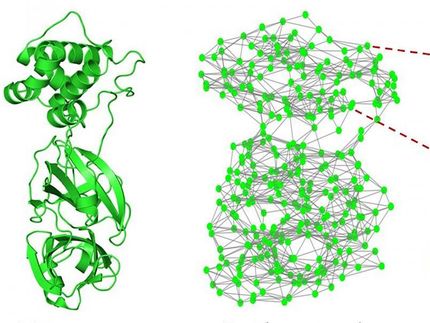Landmark Study Demonstrates that ‘Complexes Matter’ in How Epigenetic Inhibitors Interact with Their Drug Targets
Cellzome Scientists Publish First Chemoproteomic Characterization of HDAC Inhibitors in Nature Biotechnology
Advertisement
Results of the first ever chemoproteomic study of inhibition of HDAC (Histone Deacetylase) complexes published in opens up the potential for a new way of studying potency and selectivity for inhibitors of epigenetic drug targets, such as HDACs. In the study, scientists from Cellzome have demonstrated for the first time that complexes really matter to how small molecule inhibitors ‘see’ their target.
Epigenetic targets, those are targets that modify either DNA or its histone packaging to switch genes on or off, are of increasing interest in drug discovery. HDACs are emerging as an important class of epigenetic targets but existing drugs, and many in development, are non-selective with potential safety issues. The paper published today, entitled 'Chemoproteomic profiling of HDAC inhibitors reveals targeting of multiple HDAC complexes with compound class-dependent selectivity' describes a detailed analysis of 16 HDAC inhibitors and reports distinct patterns of selectivity not only within the HDAC family, but also between the different complexes within which these enzymes operate. This is the first study that measures the binding of small molecules to native large protein complexes: results show that distinct complexes, all of which contain HDAC1/HDAC2 as the catalytic core, exhibit differential inhibition across a set of inhibitors.
Commenting on the results, Gerard Drewes PhD, senior author of the publication said: “The scientific and drug discovery community may need to revise their concept of a ‘drug target’ to include consideration not just of the target protein but also of the protein’s associated complex, as we continue to learn more about the subtle interactions between drugs and proteins in their natural environments rather than as purified enzymes”.
This chemoproteomic study uses Cellzome’s unique Episphere™ platform, to identify compounds which target not only the correct enzyme, but the correct complex.
Based on these new data, the Cellzome team was able to define a novel HDAC complex formed during mitosis termed MiDAC, that may be of relevance in oncology.























































